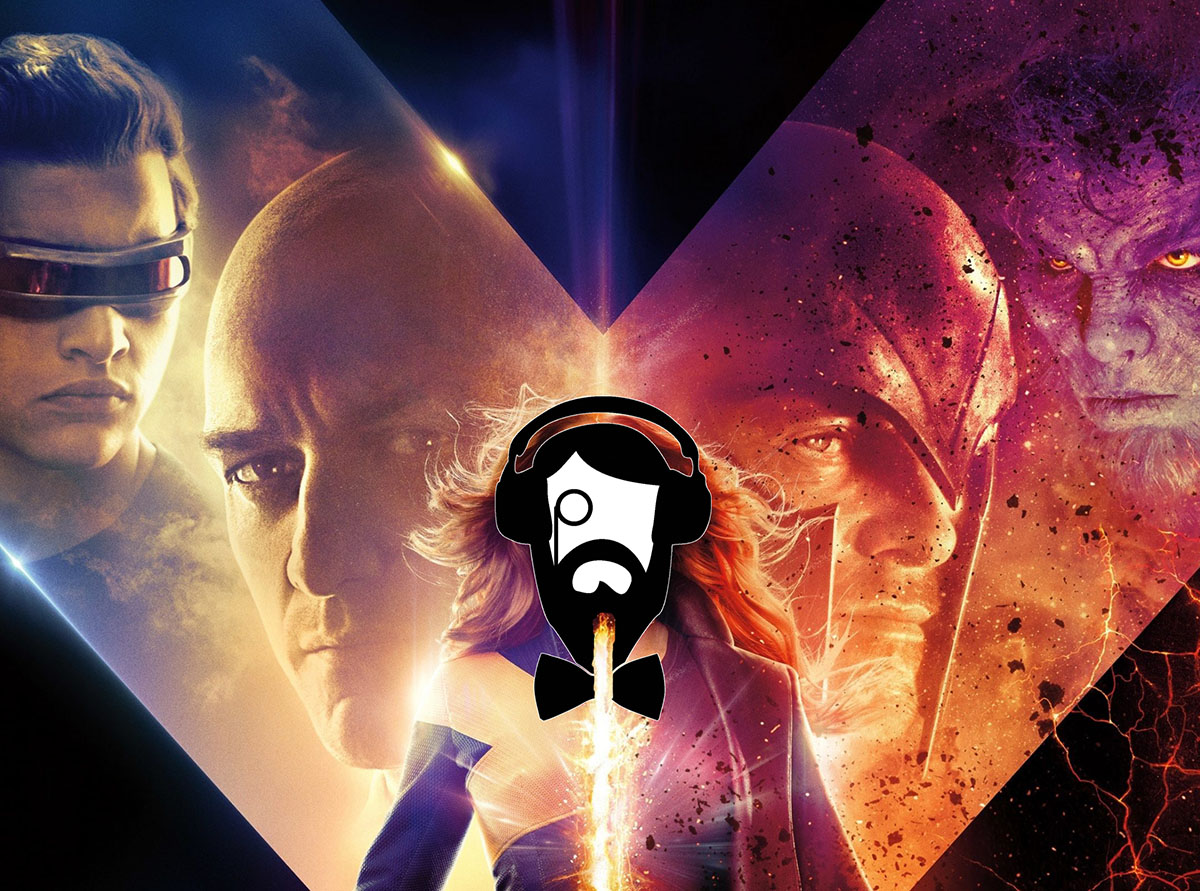Last week I had the pleasure of seeing the end of an era on the big screen, the era being Fox Studios’ X-Men. While I can’t say that I held on to the excitement I had for the movie before all of the push backs, setbacks, and rewrites. I can say that the movie did have two really good elements: The audience’s relationship with Charles Xavier, and the theme of mistakes and redemption.
Although to some it may seem like the X-Men franchise has only been going on for a few years, it’s actually been almost two decades since we all watched the X-Men save themselves and the world on the big screen for the first time. Over the course of that time, the audience has grown to love the heroes and even the occasional anti-hero (or two), which is why it was interesting for me to see how Dark Phoenix handled the humanization of Professor X.
For the first nine years of X-Men, the audience only interaction with Charles Xavier is when he has already reached the golden years of his life. The X-Men are fully grown, and Charles goes by Professor X as his main focus is the young mutants attending his school. This is a man whose mission in life is peace between mutants and humans, to have mutants remain hidden as a way to protect themselves, and doesn’t let children handle the adult level missions that the X-Men handle in any way.
X-Men: First Class introduces the audience to a new version of Charles Xavier.
One that is younger, more naive, reckless, but just as if not more optimistic as his older counterpart. The audience continues with James McAvoy’s version of Charles Xavier for a majority of the remainder of the franchise. As a result, the mistakes and events that shaped the older Professor X the audience was introduced to in the 2000 movie X-Men were placed under audience scrutiny.
Hank McCoy’s (Beast) relationship with Charles Xavier, at least in Dark Phoenix, in a way represents the audience’s relationship with Charles. The beginning of the movie shows Hank as supportive of Xavier, despite Raven Darkholme’s (Mystique) concerns of Xavier’s new priorities endangering the teenagers who follow his lead. Teenagers who he had decided to form the second class of X-Men with. Hank holds on to the belief that “Charles knows what he’s doing”, in the same way, that the audience agreed with Charles defensive reasoning that positive press is better than being hated. Stubbornly and without question.
However, both Hank and the audience’s support start to crack when it is revealed that Charles tampered with Jean’s mind. Raven’s tone a mix of anger and horror similar to ours as she asked what he did. The support and blind faith crack again when Jean states “He told me my father was dead”, and mood shifts immediately when Charles inadvertently holds a hand in Raven’s death. Fans, including those that have no emotional connection to Raven, were able to side with Hank’s anger as he yelled at Charles to admit he was wrong.
Which leads me into the larger theme: redemption. Dark Phoenix revealed the “darker” side of the first class. How Charles could freely manipulate the minds around him, how quickly Hank was able to throw away morals to avenge a loved one. Erik Lehnsherr’s (Magneto) ability to easily fall back into revenge-fueled patterns was even brought back to light. The movie also did the same for Jean Gray, by stripping her of her childhood and forcing her to face the truth that the greatest danger has always been her.
As a result, the second half of the movie uses the remaining time to either give the character’s redemption, or at least a path to redemption. Sacrificing herself, Jean chose to save not only what was left of herself but to save the world from a potentially more dangerous alien race as well. Hank took over as headmaster for the school as a way to help the future mutant generation. Which left Charles and Erik to, after admitting their respective mistakes and demons, both take a step away to hopefully work on themselves.
Dark Phoenix has plenty of things we probably would be happy to change, and definitely left some strings untied (Looking at you Peter Maximoff (Quicksilver)). But the movie was great in its own right if only for forcing the audience to examine the life long question of:



